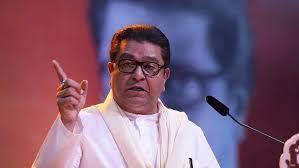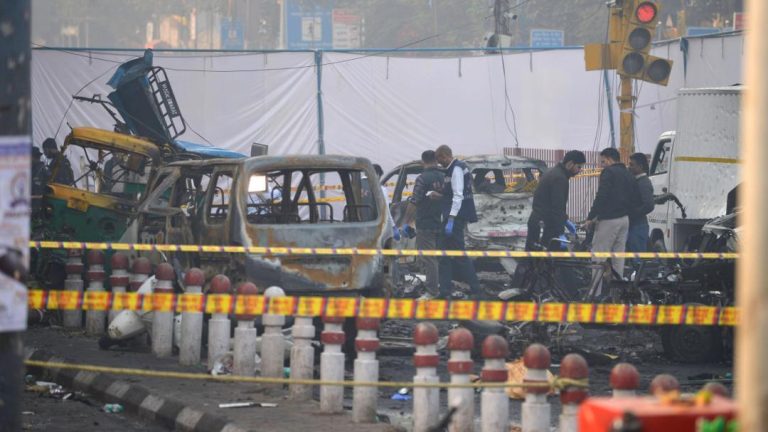
Only Marathi & English be taught in schools: Raj Thackeray to govt
In a recent development, Maharashtra Navnirman Sena (MNS) chief Raj Thackeray has written to the state government demanding a written order that only two languages – Marathi and English – be taught from Class 1 onwards in state board schools. This move is aimed at promoting the official language of the state, Marathi, and ensuring that English is taught as a compulsory subject.
The MNS chief has been vocal about his stance on the issue for some time now, and his recent letter to the government is a testament to his commitment to this cause. According to reports, the government had earlier declared that only Marathi and English would be taught from Class 1 onwards, but failed to issue a written order to implement this decision.
Raj Thackeray has warned the government that if it rolls back on its decision, the MNS will launch an agitation to ensure that the order is implemented. This is not the first time that the MNS has taken a strong stance on issues related to the state’s official language. In the past, the party has been involved in several protests and agitations to promote the use of Marathi in government offices and educational institutions.
The MNS chief’s letter to the government has sparked a debate about the importance of promoting Marathi in the state’s educational institutions. While some have welcomed the move, others have raised concerns about the potential impact on students who may not be proficient in English.
The Importance of Promoting Marathi
Proponents of the move argue that promoting Marathi in educational institutions is essential for preserving the state’s cultural heritage and identity. Marathi is the official language of Maharashtra, and it is an integral part of the state’s history and culture. By teaching Marathi from a young age, students can develop a deeper appreciation for the state’s rich cultural heritage and contribute to its preservation.
Moreover, promoting Marathi can help to bridge the gap between the state’s urban and rural areas. In many rural areas, Marathi is the primary language spoken, and by teaching it in schools, students from these areas can develop a stronger connection to their roots. This can also help to promote social cohesion and reduce the urban-rural divide.
The Impact on Students
On the other hand, critics of the move argue that teaching only two languages – Marathi and English – can have a negative impact on students who may not be proficient in English. English is an essential language for globalization and communication, and by limiting the number of languages taught in schools, students may be at a disadvantage when it comes to competing in the global job market.
Moreover, the move may also affect students from other linguistic backgrounds who may not be familiar with Marathi. This could lead to a lack of representation and diversity in the state’s educational institutions, which could have long-term consequences for the state’s cultural and social fabric.
The Way Forward
In conclusion, the move to teach only Marathi and English in state board schools is a complex issue that requires careful consideration. While promoting Marathi is essential for preserving the state’s cultural heritage and identity, it is also important to ensure that students have access to a range of languages and skills that can help them compete in the global job market.
The government must take a balanced approach to this issue, ensuring that students have the opportunity to learn multiple languages and skills, while also promoting the official language of the state. This could involve introducing a range of languages and subjects in schools, while also ensuring that Marathi is given a prominent place in the curriculum.
Ultimately, the decision to teach only Marathi and English in state board schools is a decision that requires careful consideration and consultation with stakeholders. The MNS chief’s letter to the government is a timely reminder of the importance of promoting the official language of the state, but it is also important to ensure that this decision does not come at the expense of students’ educational and career prospects.
Source: https://x.com/RajThackeray/status/1930208483518857496






